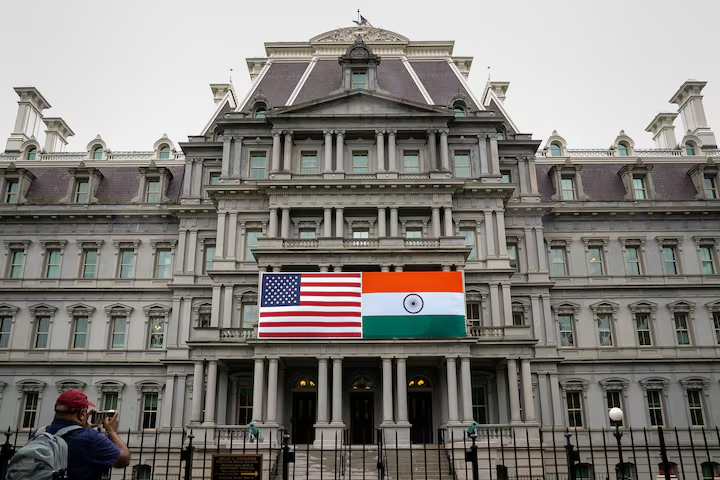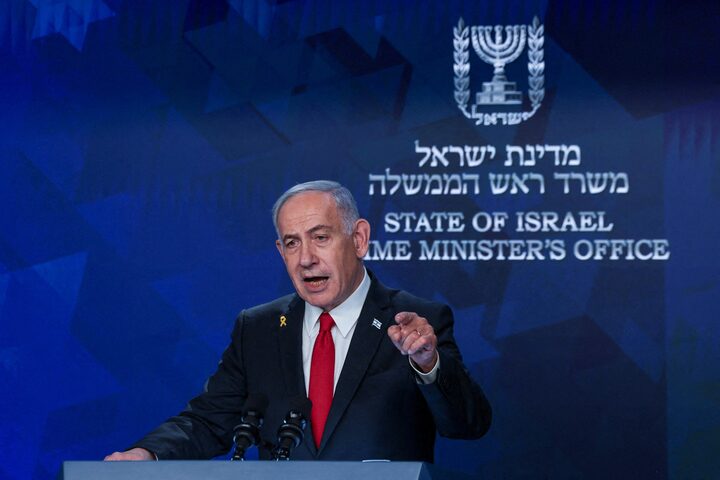The United States has announced visa restrictions on a number of Indian travel agents and facilitators accused of organizing and profiting from illegal migration routes that endanger lives and undermine U.S. immigration law. The move, revealed on Monday, May 19, 2025, marks a significant escalation in Washington’s efforts to crack down on human smuggling networks operating between South Asia and the U.S.
In a statement issued by the U.S. State Department, officials said the visa bans target individuals who have played a role in encouraging, enabling, or profiting from irregular migration schemes — particularly those involving dangerous overland routes through Latin America and attempts to enter the U.S. through the southern border.
“We are taking action against those who exploit vulnerable individuals for financial gain and put lives at risk in the process,” said Matthew Miller, U.S. State Department spokesperson. “These sanctions send a clear message: the United States will not tolerate human smuggling and the abuse of our immigration system.”
Although the State Department did not release the names or exact number of sanctioned individuals, it emphasized that the targeted agents are part of a growing underground industry in parts of Punjab, Gujarat, and Haryana, where entire networks have been built around smuggling Indian nationals into the United States and Canada via illegal channels.
The visa restrictions fall under the broader category of Section 212(a)(3)(C) of the U.S. Immigration and Nationality Act, which allows the government to deny entry to foreign nationals believed to pose risks to U.S. law enforcement or public policy interests.
This action follows recent investigations into the rising number of Indian migrants found at the U.S.-Mexico border, many of whom were misled into paying large sums — often exceeding $20,000 per person — in exchange for fraudulent promises of asylum or employment.
U.S. authorities have warned that these journeys frequently involve extreme dangers, including exposure to harsh terrain, exploitation by criminal gangs in Central America, and fatal accidents. In recent months, dozens of Indian nationals have been reported missing or dead while attempting these perilous routes.
The announcement also comes after high-level discussions between U.S. and Indian officials on the issue of illegal migration and transnational crime. Washington has urged New Delhi to take stronger domestic enforcement action against illegal travel agents and to enhance public awareness campaigns to dissuade vulnerable families from falling prey to false promises.
In New Delhi, the Ministry of External Affairs acknowledged the U.S. announcement but called for more detailed evidence and information sharing.
“We are committed to curbing illegal migration and will take appropriate legal action where warranted,” said a spokesperson. “At the same time, we emphasize the need for balanced bilateral cooperation on migration issues.”
Human rights organizations have also weighed in, supporting the visa restrictions as a necessary deterrent, but urging both governments to ensure that enforcement efforts do not punish victims or asylum seekers acting in desperation.
“There is a difference between smugglers and those fleeing poverty or persecution,” said a statement from Human Rights First. “U.S. and Indian authorities must ensure that crackdowns on criminal networks don’t result in violations of refugee protections.”
The U.S. move highlights growing concerns over irregular migration from South Asia, a trend that has steadily increased over the last five years. In 2024 alone, U.S. border authorities apprehended over 17,000 Indian nationals, many of them using routes through Nicaragua, Panama, and Mexico.
With visa bans now in place, the State Department says it will continue to monitor and expand its enforcement efforts, while encouraging at-risk populations to seek legal, safe, and dignified migration channels. Further measures could include asset freezes or criminal referrals in cooperation with international law enforcement agencies.
As both countries navigate this sensitive issue, the spotlight remains on how to strike a balance between migration enforcement, bilateral diplomacy, and human rights protections in an increasingly globalized world.



